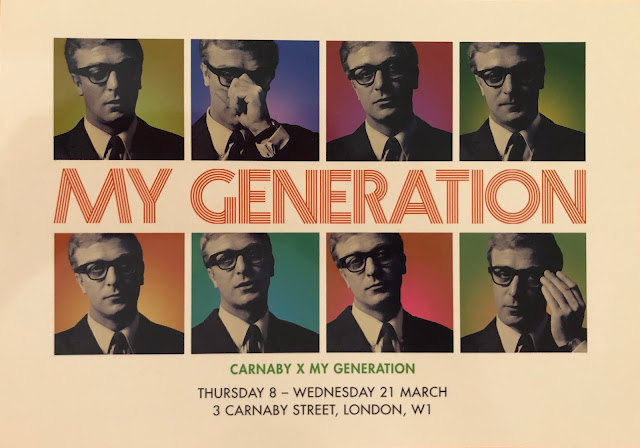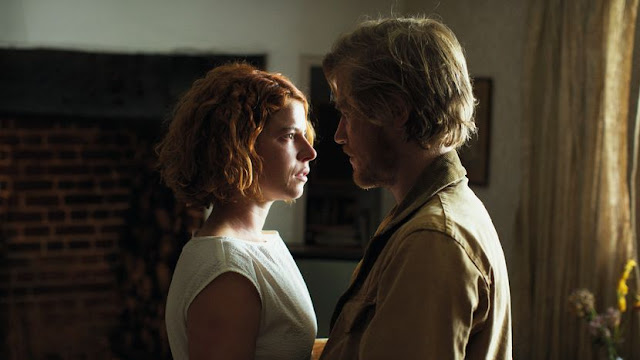Orlando
⭐⭐⭐⭐⭐
Orlando, 1992, Sally Potter, A film which takes its title and shall we say its direction, from the novel by Virginia Woolf, but is in itself a completely separate and distinct work of art and must be seen as such. Potter has meticulously shaved Woolf’s prose to the bone. Her ruthless editing has accomplished a tight, lean script that is not without humour. Potter spins words into pictures; Her dreamlike, gender fluid working of this filmic adaptation is timeless, and I have no problem saying that I prefer the film to the book.
We follow Orlando, on a sweeping journey through time. Orlando begins as a man who by virtue of his youth is favoured by the aged Queen Elizabeth I, played by Quentin Crisp. The old Queen gifts Orlando with title and property and finally commands him never to age. Thus begins, Orlando’s immortality as someone who lives through several centuries, eventually becoming a woman. As soon as this femininity comes to light Orlando loses all rights to property, land and inheritance.
The scale of the film is epic whilst being just 90 minutes long. Visually beautiful, jewel like in rich and vivid colour. The passing of time is described most clearly through costume, landscapes, and seasons. Travelling as Orlando does from one century to the next.
Tilda Swinton (beautifully androgynous) as Orlando is subtle and beguiling. Throughout the film there are instances where she speaks to camera, and connects directly with us, sometimes it is just a look, straight into the lens, drawing us in to the film, inviting us to access her world from our present.
The casting of Quentin Crisp as Elizabeth I is a stroke of genius. Queen Elizabeth I felt herself to be very much in a man’s world. Crisp has a regal bearing, a dignity which is perhaps borne out of the prejudice he endured throughout his life time. Publicly exploring the nature of gender, in an unending quest to be his true self. There is a symmetry here between the actor and the film.
Orlando as a man or woman is striving for emancipation in order to simply 'be'. Potter believes that inside we are all more or less the same. It is society’s treatment of us according to our sex that is the problem. Today I find this film more relevant than ever. When I speak to women who feel that nothing ever really changes. I say it does change, but slowly, very slowly, over centuries. Watch Orlando.
© Theresa Collins




Comments
Post a Comment